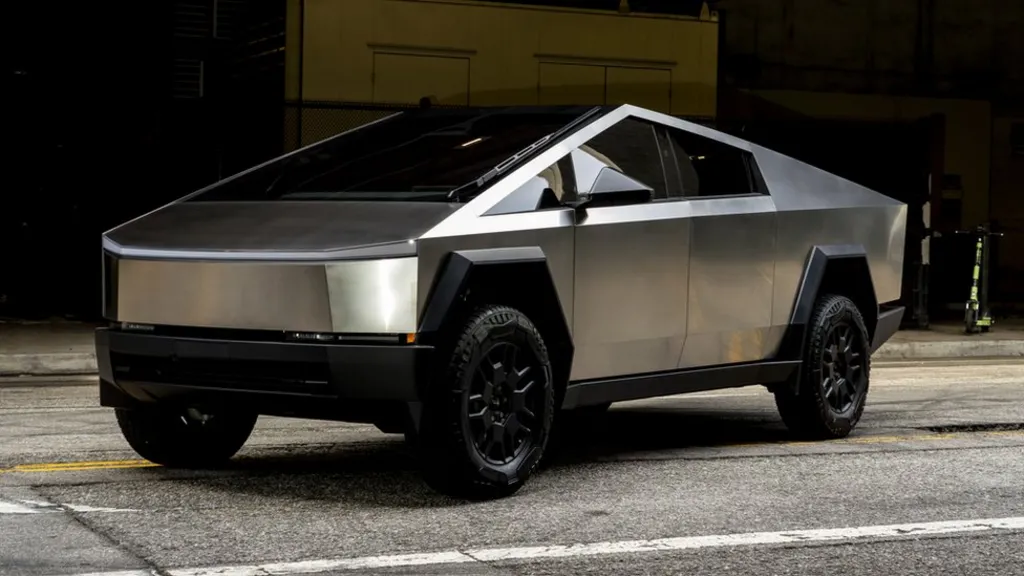
Have the wheels come off for Tesla?
There was a time when it seemed Tesla could do no wrong. In little more than a decade, it went from technology upstart to mass-market carmaker, invested billions in its clean energy business, and saw its value rocket. But now the company is struggling with falling car sales and intense competition from Chinese brands, as well as problems with its much-hyped Cybertruck. Lower sales have hit its revenues, and hurt its profits. Its share price has fallen by more than a quarter since the start of the year. It has cut prices in major markets, and is in the process of laying off some 14,000 employees - 10% of its global workforce. Those affected include senior executives and the entire team responsible for its much-admired supercharger network.So is all of this just a bump in the road, or are the wheels coming off the Tesla bandwagon? "It's about breaking a spell," explained Elon Musk to a specially invited audience at Tesla's California factory back in June 2012. "The world has been under the illusion that electric cars can't be as good as gasoline cars," he said. Musk was speaking at the launch of the new Tesla Model S, a car he insisted would shatter that illusion. It was no empty promise.At the time electric cars had a long-standing reputation for being slow, uninspiring and impractical, with very limited range. Although new models such as the Nissan Leaf were starting to develop a niche following, they had yet to make much of an impact on the wider market. The Model S was powerful, had sportscar performance, and could travel up to 265 miles on a single charge. It wasn't cheap, starting at $57,000 (£47,000) in the US for the lowest performance version, but it certainly made a point. Since then, Tesla has launched four more models, including the Model X SUV, the "affordable" Model 3 and Model Y, and the Cybertruck. It now has huge, so-called gigafactories building cars in Shanghai and Berlin, in addition to its original facility in Fremont, California, and a number of other US sites. Last year, it delivered 1.8 million cars, suggesting it has established itself firmly as a mass-market manufacturer.But according to Professor Peter Wells, director of Cardiff University's Centre for Automotive Industry Research, that is part of the problem. "When Tesla first emerged, it had an exciting new product, a charismatic CEO, and it came across as really pioneering," he explains. Now though, the company "is no longer the entrepreneurial new entrant and upstart disrupter, but increasingly an industry incumbent with all the challenges this brings when faced with a growing array of competitors in the same market space". Other companies, like China's Nio, are offering more exciting products, says Prof Wells, while fellow Chinese firm BYD offers good performance at lower prices. "Basically, the world has caught up with Tesla," he says.

